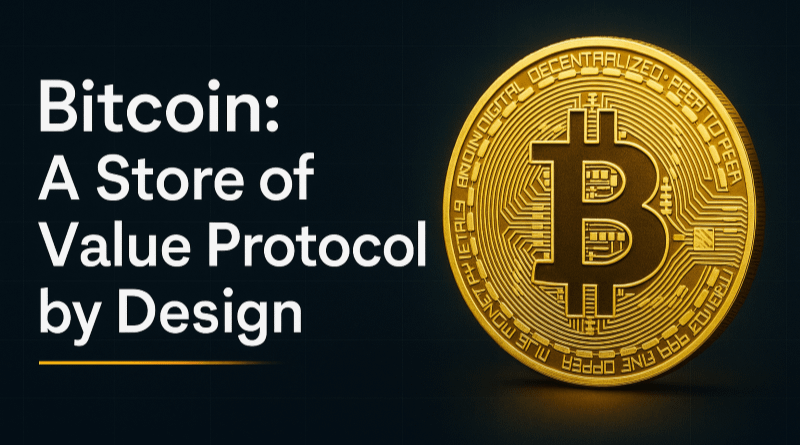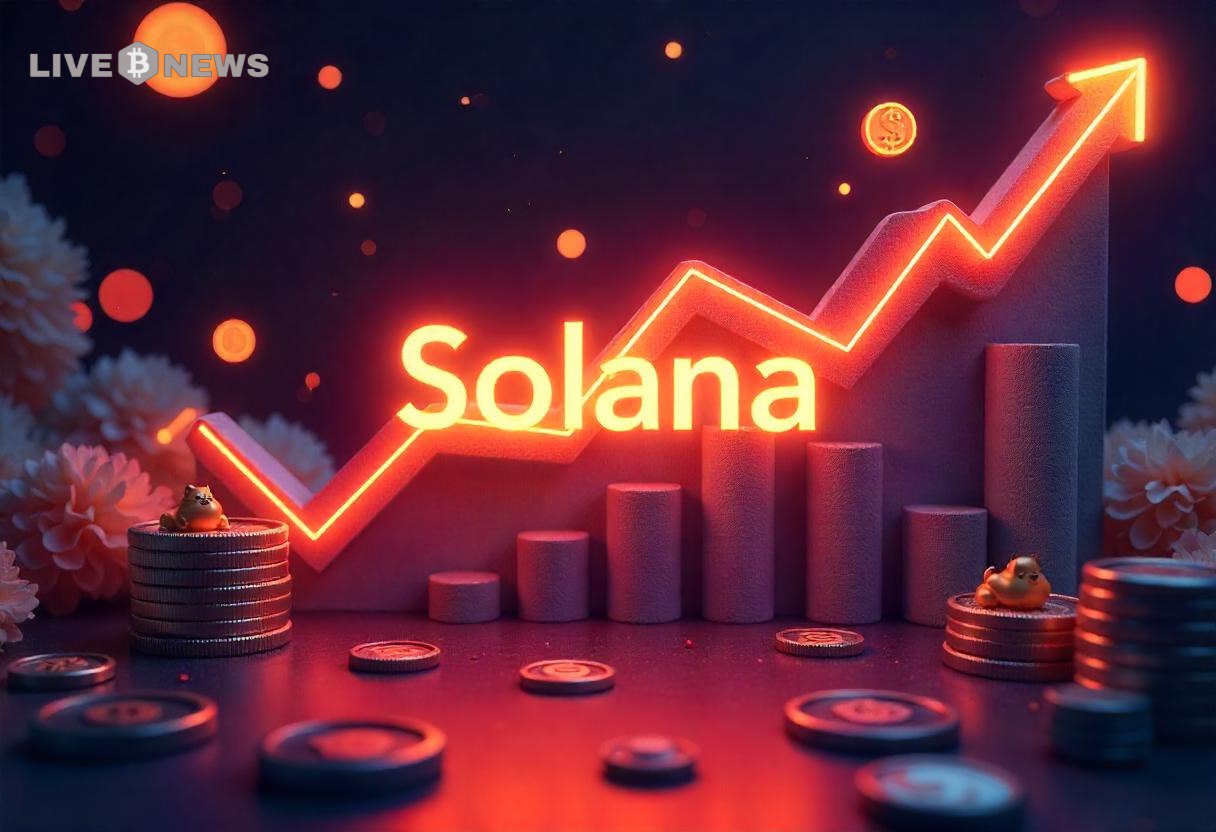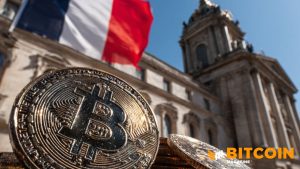Bitcoin: A Store of Value Protocol by Design
People often misunderstand Bitcoin because they insist on viewing it through the wrong lens. They measure it against stocks, bonds, or tech startups, asking, “Where’s the yield? Where’s the cash flow? Where’s the growth?” But Bitcoin was never meant to be any of those things. It is not a company, not a product, not a government bond. It is a protocol—a monetary protocol—engineered from the ground up to do one thing better than anything else in human history: store value.
That’s the design feature most critics miss. The very DNA of Bitcoin encodes scarcity, neutrality, and incorruptibility. Twenty-one million coins—never more. Predictable issuance—never manipulated. A global consensus enforced by thousands of nodes—never corrupted. You don’t need a CEO, a central bank, or a regulator. The rules are the rules, and they apply to everyone equally. That makes Bitcoin unique among all assets: its supply curve is unchangeable by politics or profit motives.
Gold tried to fill this role for millennia. But gold failed because human intermediaries always distort it. They create paper claims, dilute reserves, or confiscate it outright. Dollars were once tethered to gold until governments severed the link to unleash unlimited money printing. Bitcoin fixes that. Its digital nature removes the ability to counterfeit or “paper over” supply. Its open ledger makes auditing instant and global. It is gold without the weakness of central custody.
This is why volatility—Wall Street’s favorite talking point—misses the plot. Bitcoin’s volatility isn’t a bug; it’s the adoption curve of a scarce monetary asset going from zero to global. In the long run, the only trend that matters is supply shrinking against insatiable demand. The rest is noise. Value storage isn’t measured day-to-day, it’s measured across decades. And by that metric, Bitcoin has already outperformed every fiat currency ever created.
What makes Bitcoin powerful isn’t speculation—it’s certainty. You can’t be certain about the dollar; it’s guaranteed to be debased. You can’t be certain about stocks; CEOs can dilute shares, companies can go bankrupt. You can’t be certain about real estate; it can be taxed away, seized, or inflated by policy. Bitcoin, on the other hand, is certainty codified into math. It is digital property with perfect scarcity, and that scarcity is immune to political will.
When you understand Bitcoin as a store of value protocol, the pieces fall into place. The point isn’t to generate yield—it’s to preserve purchasing power across time and space. It’s about defending against a system designed to siphon wealth through inflation. In that role, Bitcoin isn’t just adequate—it’s unrivaled.
So the next time someone asks, “What does Bitcoin do?” the answer is simple: it stores value. It’s not trying to replace your favorite app or issue dividends. It’s doing something far more fundamental—providing humanity with the first incorruptible ledger of wealth. And in a world drowning in fiat lies, that protocol is priceless.













Post Comment